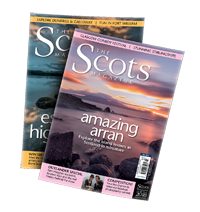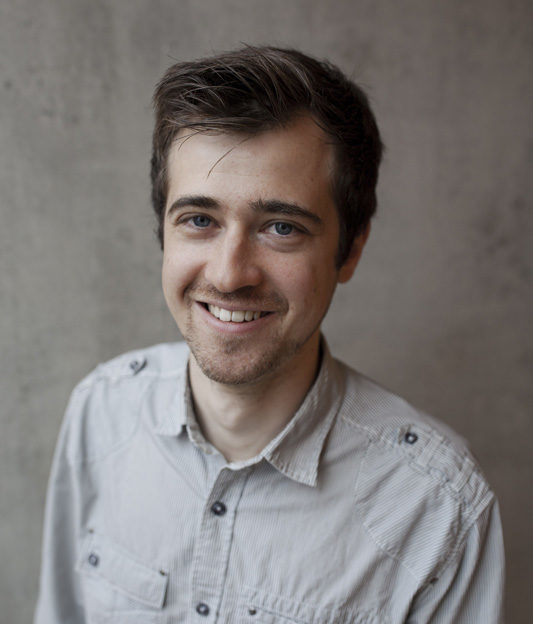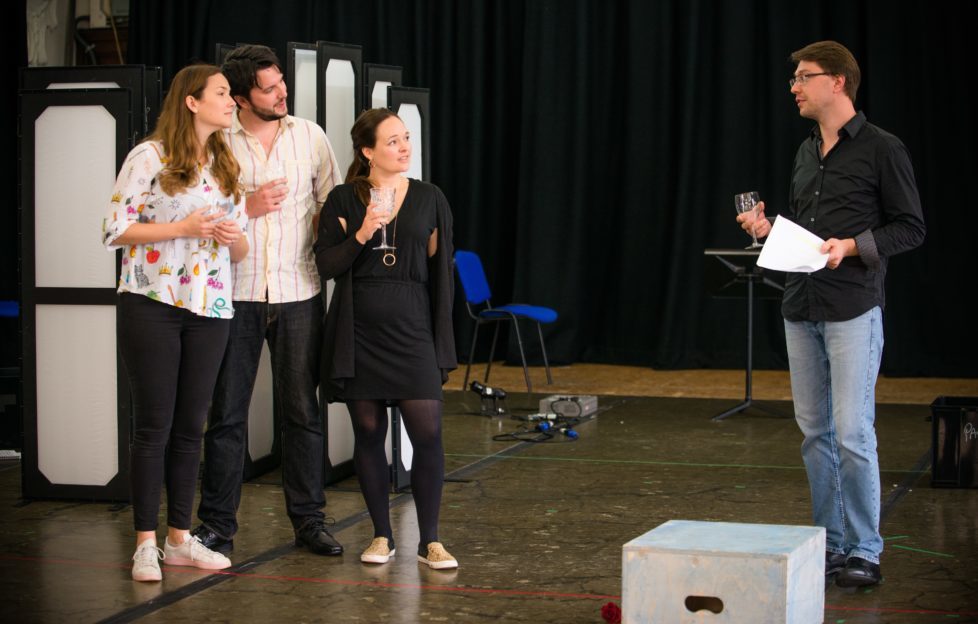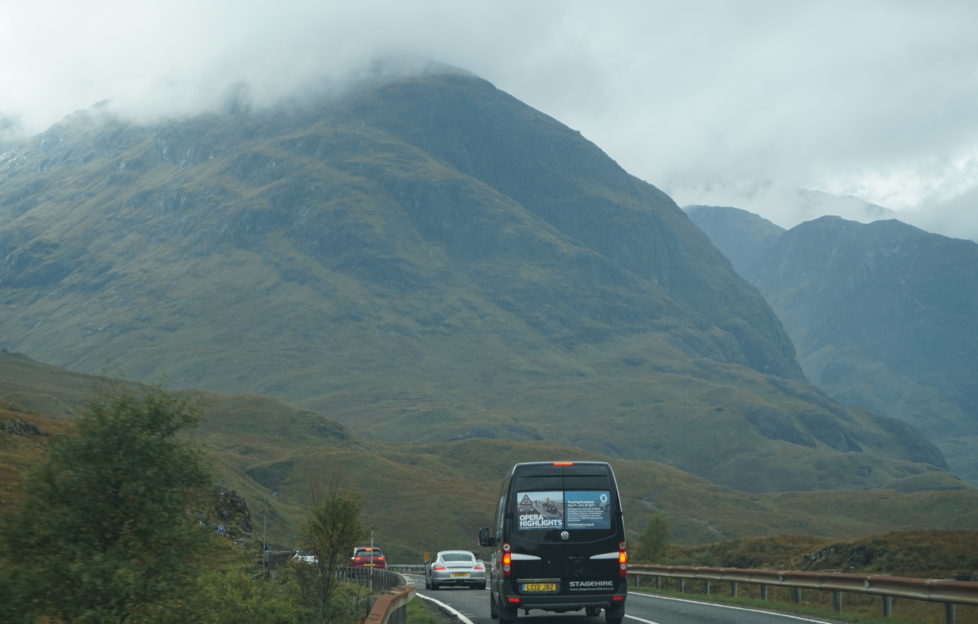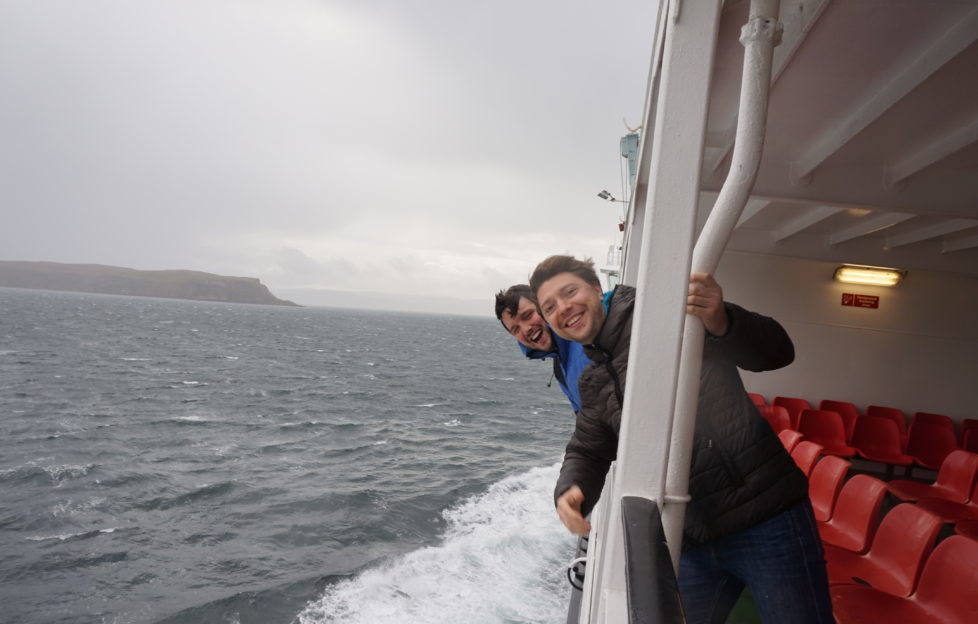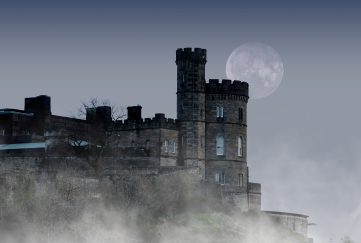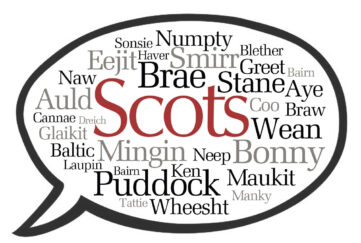Words from the Composer
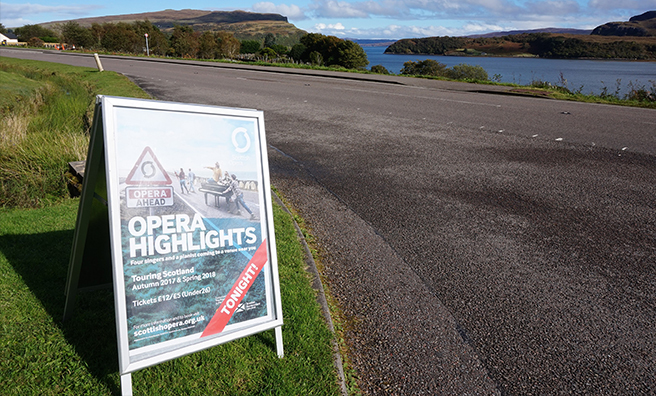
Scottish Opera’s Composer in Residence, Samuel Bordoli, explains how the concept for Opera Highlights came about…
As a composer, I do most of my work pre-production, so it’s been a privilege to spend time with the singers Lucy, William, Kate and Alexey in rehearsals, and working with Liz Rowe, the musical director and Jack Furness the director. I’ve had a wonderful time working on Wings and Three Interludes for Opera Highlights – I’m just sorry not to be on tour!
The creative process began when Derek Clark, Scottish Opera’s Head of Music, shared his selection of highlights. Jack Furness, the director, came up with an excellent concept for a plot about what went on backstage at the opera between singers and stage managers.
We discussed how this narrative could run through the extracts and where a new scene might fit in. Jack filled in all the details, worked on the characters and sent me a libretto.
We knew early on that the scene would be a great opportunity to explore a pivotal moment in the drama. While the other extracts tended to be short, contemplative moments taken from long operas, the new scene could almost be a miniature opera in itself – driven by the story behind the whole production.
Jack’s libretto made the motivations of each character clear so I found it felt natural to write music for each of them. I used their leitmotifs – character theme music – in the Three Interludes to maintain a sense of musical continuity. To make further connections, I used the Interludes to bridge from one highlight style to another. At one point this involved developing a Mozart tune in the style of Handel and seguing seamlessly from Britten to Zeller!
“Music is a very fluid narrator”
All my inspiration comes from the text, the characters and the pacing of the scene. I’ve always felt that setting words to music is actually just a heightened way of interpreting the text. The composer makes choices about whether words are accentuated, how the shape and direction of a phrase goes and whether words are set on high or low notes. Every phrase has to be meticulously crafted to avoid distorting the meaning. I always start by asking myself “if you were this character in this situation saying this line, how would you sing it?”
The music in an opera also sets the pace and atmosphere underneath, above and in between the singing. Music is a very fluid narrator. It can switch perspectives constantly and often presents multiple points of view at once. I enjoyed exploring this in Wings in the final section, where all four characters sing contradictory thoughts at the same time. Their individual melodies interlock in the musical texture, but their intentions are at odds with one another. Jack and I had The Marriage of Figaro in mind for this bit.
The thing that excites me the most is the ability of music to change the speed of events. It can extend a single moment of tension to unbearable lengths or trigger an emotion with such immediacy you can’t believe that a second ago you were feeling something completely different. I have to be very aware of this and allow the music to support the drama when required, but let it take control on occasions when something deeper needs to be expressed. Just like most things in life, it all comes down to timing.

